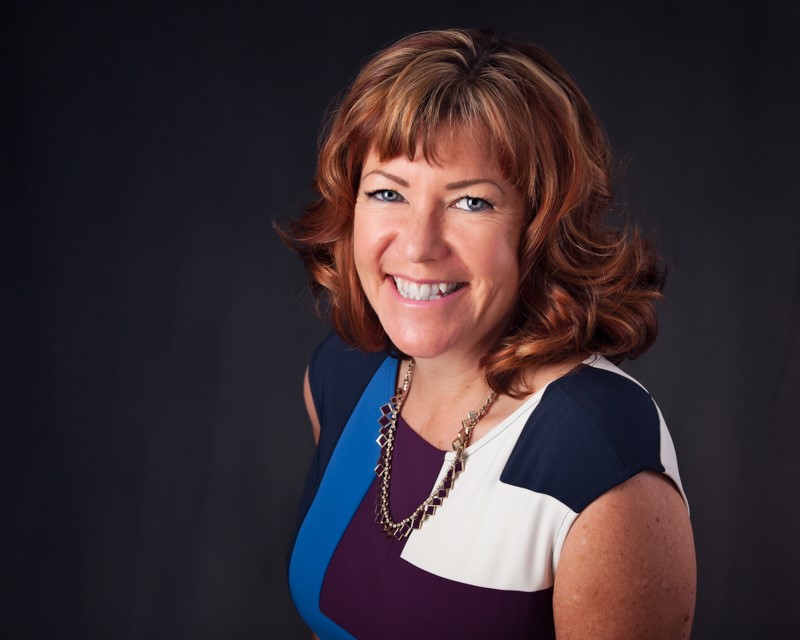You come from a diverse background, having been born in India, and working across both Canada and US in places like Silicon Valley. How have these life experiences helped shape the person you are today?
India is very diverse in itself. I spent a good 22 years of my life in India, mostly in my hometown, a primarily conservative city. Even then I was exposed to different languages, different religions, different ways of living and cultures. I think having a strong support system of people and resources around me who understood the importance of dreams and growth, helped me broaden my scope of thinking and develop an outward approach.
But yes, travelling from India to the US was definitely a culture shock. Who wouldn’t want to experience that though? I did my research on how’s and what’s of people, the education system, and the prevalent beliefs in the States before travelling. That said, experiencing the culture first hand was different. It definitely grew my breadth of perspectives about the world, and helped me value travelling and experiencing different cultures.
Having come from a patriarchal society and now working in a male dominated field, how do you think having so much male influence in your life helped or hindered your sense of self?
Being raised in a patriarchal society came with some benefits. Although I may have lost on opportunities such as playing tennis (there was only one sports club near my place and its management didn’t have a good reputation), or free reign over my free time because I was asked to come home on time and not stay out late with friends (on-time meant soon after college or before sunset), I did gain some things.
I built few but strong friendships. I developed an intuitive ability to sense threat and learned to find safe environments. I learned how to entertain myself with books (non-academic, of course), and even developed a sense of inner rebel which helped in building my resilience.
I also had access to computer and internet (not every one did), which allowed me to look at the world, not just around me but miles away. I think this access is perhaps one of the reasons you will find comparatively more percentage of women in STEM fields in India. In fact, when I joined university in North Dakota, I was definitely shocked to see that out of 35 students in my Computer Science graduate program, only 4 of them were women. None of those women were American. And this reality was also reflected in the job market.
Also, I have had the privilege of being mentored by wonderful human beings, mainly men. When I look back to particular times in my career though, male colleagues have been willing to include me in discussions or sporting activities only when I have explicitly shown curiosity and interest in it. I feel this has contributed to my consciousness levels both in positive and negative ways.
What are some of the ways in which you have observed harmful self-talk/self-belief in women (either yourself or women you know)?
I think that we tend to criticize ourselves a lot and also not own our successes enough. I think being self critical is good because it also means that you are holding yourself up to high standards (recently gained this awareness). But, it is also important to understand that you do what you do because of the experiences that you have had so far.
One thing I strongly believe in is that my journey and my experiences are unique. I do tend to fall into the trap of comparisons now and then, but I have built a way to address it and come out of it. I think there is value in seeing failures as lessons learned. But it is important to move on.
I am still learning how to own my successes enough. But as I said, it is a journey.
What are some of the ways you think we can overcome this harmful self-talk/self-belief?
Brené Brown says: “Talk to yourself as if you would talk to someone you love”. Try answering this question: if you care for someone, and they are in the same spot as you, what would you say to them at that particular moment? Say that to yourself.
What is the importance of self-awareness, particularly for women, in the professional space?
Ah, you see new opportunities and build the courage to go after them. Own your success, learn to make it vocal. Not suggesting to boast about it. But be aware enough about it to speak it. Ask for help and coaching in your workplace or outside of it.
What are some of the problematic norms you’ve observed in the tech space, and how have you gone about challenging them?
Specific to my field of work where you engineer a product, there are primarily two phases to the process: the critical thinking around solution building, and the implementation / coding phase. Since there are technical skills involved, it’s important for people to be skilled to a certain level. But as I have observed, there is also a culture that demands and supports very opinionated people, with no or little opportunity given to those who are not, or even to listening to all factors from other team members. This leads to uninformed or fast decisions around product building. This also drives low confidence levels of other team members who voiced their points or who ask for collective feedback.
I think it is important to be focused on the best solution to the problem. Being highly opinionated is good, but it’s only useful and effective when you back it up with reasoning and listening to the opinions and expertise of others. Diversity in opinions gives way to a resilient solution to the problem in hand.
As you continue through your journey of self-awareness, who are some of the women you look to for inspiration (and why)?
Indra Nooyi - A brilliant woman with high EQ, who climbed the corporate ladder for the top position at Pepsico. She inspires me because of the leadership insights she has given in her interviews: focus on what she could be the best at, focus on leadership quality of EQ over IQ, focus on closely working with direct reportees to make sure they are happy and successful in their work, focus on building workplaces with daycare facilities. In short, because she is a visionary changing the product’s brand to move beyond being being just a soda drink.







